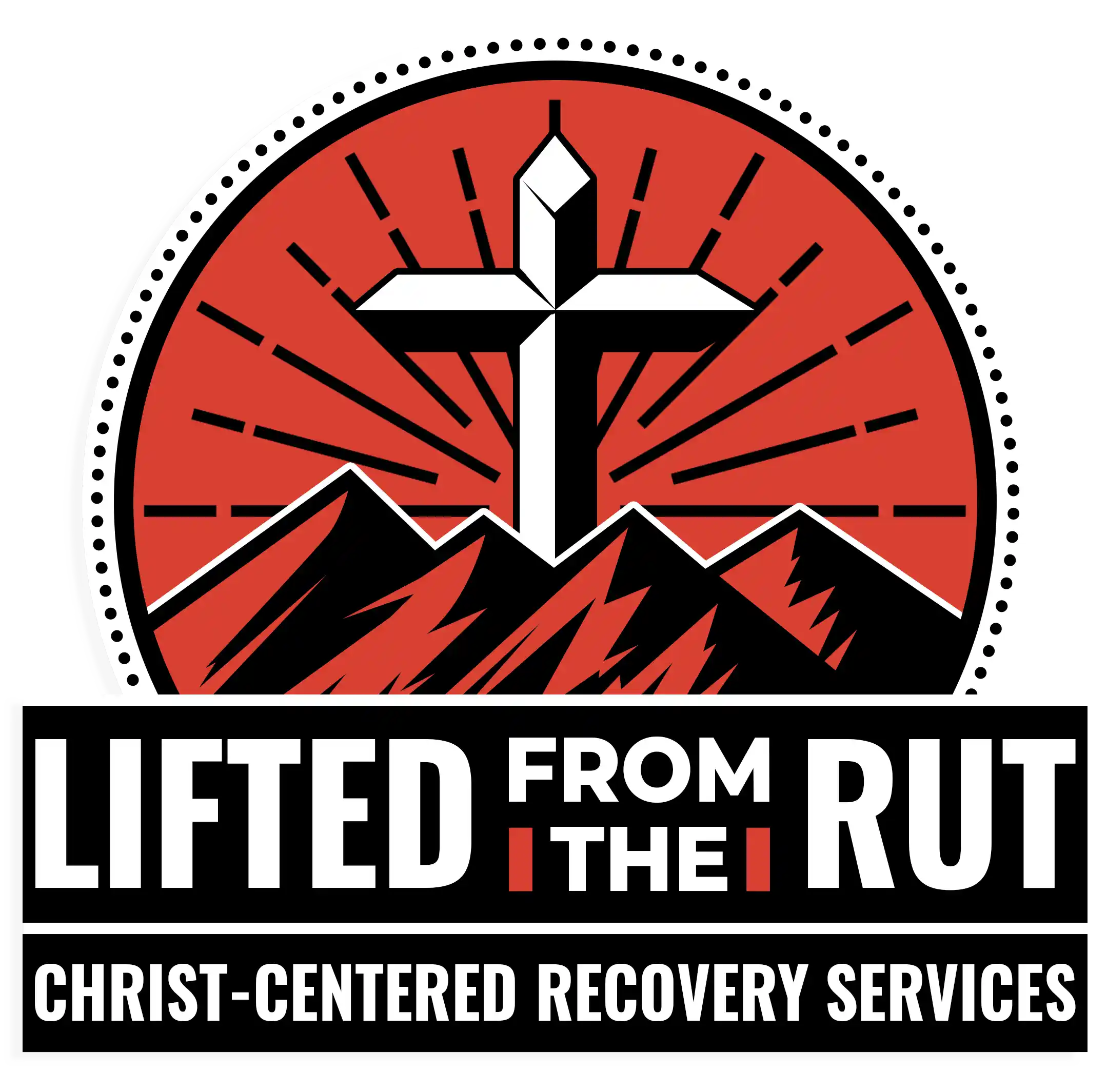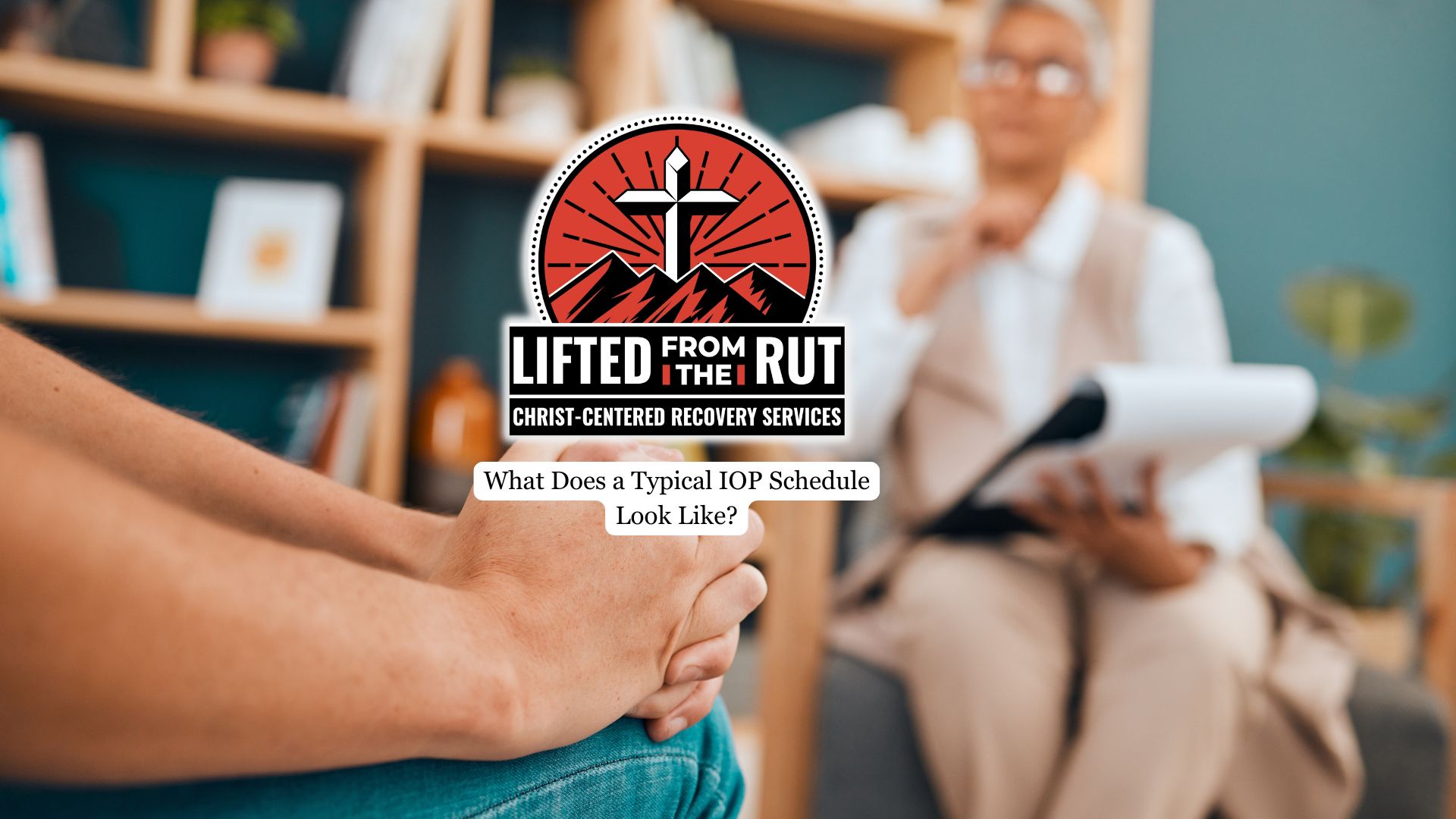Intensive Outpatient Programs (IOPs) play a critical role in addiction recovery by offering structured, effective treatment without requiring 24-hour inpatient care. For those seeking faith-based addiction treatment, the schedule also integrates spiritual growth alongside clinical therapies. This combination supports holistic healing while accommodating life’s responsibilities.
This article will explore what a typical schedule in a faith-based IOP looks like, highlighting its unique components and how it supports lasting recovery.
What Is an Intensive Outpatient Program?
An Intensive Outpatient Program is a type of treatment option that provides a higher level of care than standard outpatient programs but allows patients to live at home. Unlike inpatient or residential treatment, they are designed for individuals who need structured support but don’t require round-the-clock supervision. They typically include multiple therapy sessions each week, offering flexibility for work, school, or family commitments. Many choose IOPs as a bridge between inpatient treatment and ongoing recovery.
Typical Components of a Faith-Based Schedule
The daily or weekly schedule in a faith-based program combines traditional therapy with spiritual elements:
- Individual therapy sessions that may incorporate spiritual guidance.
- Group therapy with discussions framed by biblical or faith-informed values.
- Relapse prevention and life skills development to support lasting sobriety.
- Psychoeducation on addiction, recovery, and mental health through a faith lens.
- Worship sessions, Bible study groups, and prayer meetings to deepen spiritual healing.
- Family counseling to strengthen relationships and provide support.
- Regular drug and alcohol screenings to monitor progress and accountability.
- Opportunities to engage in local church activities or community service.
Sample Weekly Schedule Structure
Sessions typically run 3 to 5 days per week, with each treatment session lasting about 3 hours. Programs may offer morning or evening tracks to accommodate patients’ work and family responsibilities. For example, a weekly schedule might include:
- Monday, Wednesday, Friday: group therapy, spiritual study, and relapse prevention.
- Tuesday, Thursday: individual counseling, family therapy, and life skills workshops.
- Optional weekend worship or fellowship events to foster community connection.
A Typical Day in a Faith-Based IOP
A sample day in a faith-based intensive outpatient program might begin with check-in and a brief devotional or prayer session to set a reflective and supportive tone. This could be followed by group therapy focusing on addiction recovery, infused with faith-based teachings and discussions around biblical principles.
From midday to afternoon, patients may participate in individual counseling or spiritual counseling tailored to their personal needs. Psychoeducational sessions covering topics such as coping with triggers, relapse prevention, and healthy lifestyle habits, all approached through the lens of faith, might follow.
The day often concludes with a worship session, prayer group, or meditation to reinforce spiritual growth and community connection before patients return home to apply their lessons in daily life.
This schedule blends clinical addiction treatment with spiritual support, helping individuals develop new habits, build resiliency, and foster hope grounded in their faith.

How Faith-Based IOPs Support Lasting Recovery
Faith-based IOPs provide an environment rich in peer support and spiritual encouragement, elements many find essential for long-term recovery. Counselors and faith leaders work together to guide patients through the emotional and spiritual challenges of addiction. This dual support system helps build routines grounded in faith and healthy habits that reinforce sobriety beyond the program.
Who Is a Good Fit?
This type of program is suitable for individuals who require structured outpatient care but can maintain a safe home environment. It’s especially beneficial for those who want to incorporate spiritual healing with their addiction treatment. Patients who have supportive families or faith communities often thrive in these settings, as the combination of therapy and faith provides a strong foundation for change.
Benefits and Unique Features
Faith-based IOPs offer flexibility to fit treatment around life’s demands, making it easier to balance recovery with work or school. The focus on spiritual growth sets these programs apart, offering a pathway to deeper meaning and purpose in recovery. On top of all, access to church or community resources gives patients ongoing support that extends well beyond the treatment facility.
Final Thoughts from LFTR Christ-Centered Rehab Services
By combining behavioral therapies with faith principles, faith-based IOPs support holistic recovery tailored to individual beliefs and lifestyles.
At LFTR Christ-Centered Rehab Services, our faith-based Intensive Outpatient Program in Littleton, CO, combines professional clinical care with spiritual guidance to support individuals throughout their recovery journey. Emphasizing healing of the whole person—spirit, soul, and body—we provide compassionate, structured treatment rooted in both evidence-based practices and faith.





